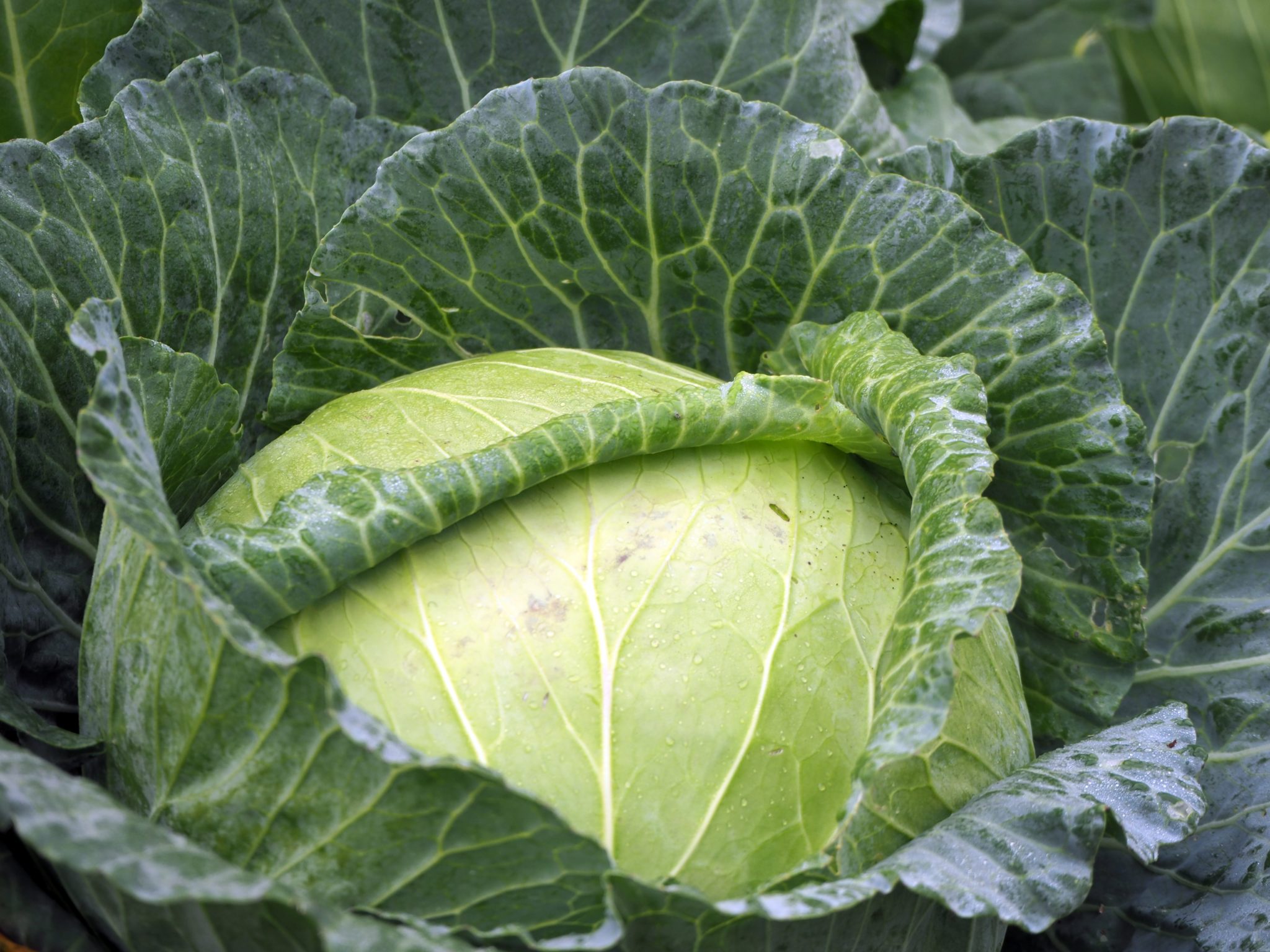A Facebook post by the Ifugao Highland Farmers’ Forum shows farmer Hindac Bugtong of the Kalanguya cultural community with his harvest of cabbage. Bugtong prefers the Wonderball variety as it doesn’t easily crack even when stacked for storage. It also doesn’t need to be immediately harvested, which means farmers have more time to sell the first batch of yield.
What Ifugao farmers however can’t figure out is why they have to sell their cabbage for as low as seven pesos per kilo (even dropping to a paltry four pesos)—and still, consumers won’t purchase it. Is it a matter of overproduction? Is the country importing too much produce? Is it because of the coronavirus scare? Is there no proper monitoring of prices?
Between the trading posts in La Trinidad and Nueva Vizcaya, Bugtong chooses the former as it sells premium vegetables at a better price. But the demand for vegetables seems to have dropped drastically. Wombok (Chinese cabbage), along with broccoli and carrots, remain unsold or bought at the lowest price range. When left with no sales, these crops are instead fed to livestock.
Looking at the Metro Manila supermarket price of P106 per kilo of cabbage, as indicated in the Philippine Statistics Authority’s price bulletin as of Feb. 27, how did that calculation originate from a mere seven pesos per kilo? How did the price shoot up when at its scanty wholesale rate, it wouldn’t even sell?
We’ve seen similar instances with Laguna’s tons of rejected tomatoes, Benguet’s surplus of carrots and an overall excess supply of mangoes. If not used as feed, most produce is simply disposed in landfills. It has become a vicious cycle of oversupply, low prices and food wastage that’s been halting the growth of the industry, even damaging what was once its strength (the Philippines is now the largest rice importer in the world).
Producers and consumers need to understand their role in food security: Where does our food come from? How can we ensure that food remains secure? For now, it’s the farmers’ livelihood that’s on the line, and we need to find our way around the dilemma on overproduction (and the real reason why even at bargain-basement prices, produce just won’t sell). As Jam Melchor of the Slow Food Movement Youth Network of the Philippines says, “Let us not wait for the time when our farmers will give up on us. It is time to rethink how each of us can help them, even in small ways.”
Subscribe to our weekly newsletter to receive all the tools and solutions entrepreneurs need to stay updated on the latest news in the industry





